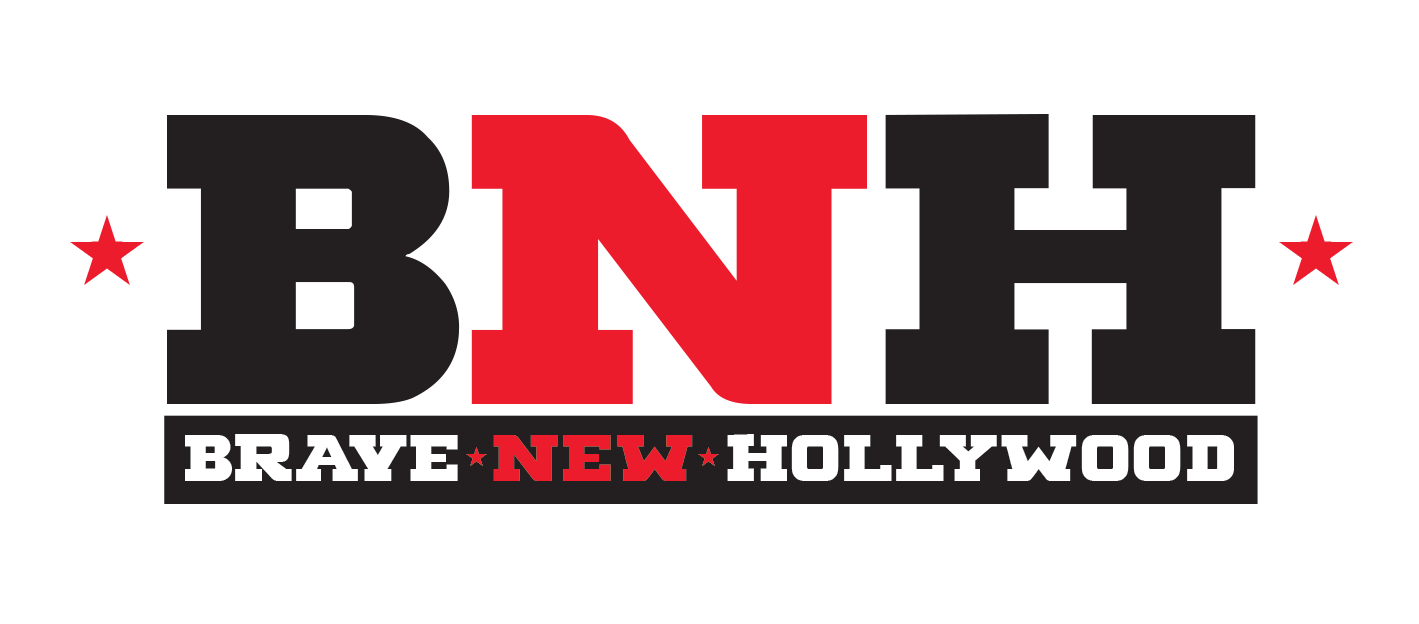Jeff Kitchen has taught thousands of students from Broadway to Hollywood. He was classically trained as a playwright, worked as a dramaturg in New York theater, and taught playwriting on Broadway. A top-rated teacher, he taught for thirty years and wrote the book, Writing a Great Movie: Key Tools for Successful Screenwriting. For the past three years, Jeff adapted his training program into a comprehensive digital apprenticeship. Scriptwriting Mastery is the result.
Recently, Brave New Hollywood had the opportunity to connect with this renowned screenwriting professor and author for a Q&A.
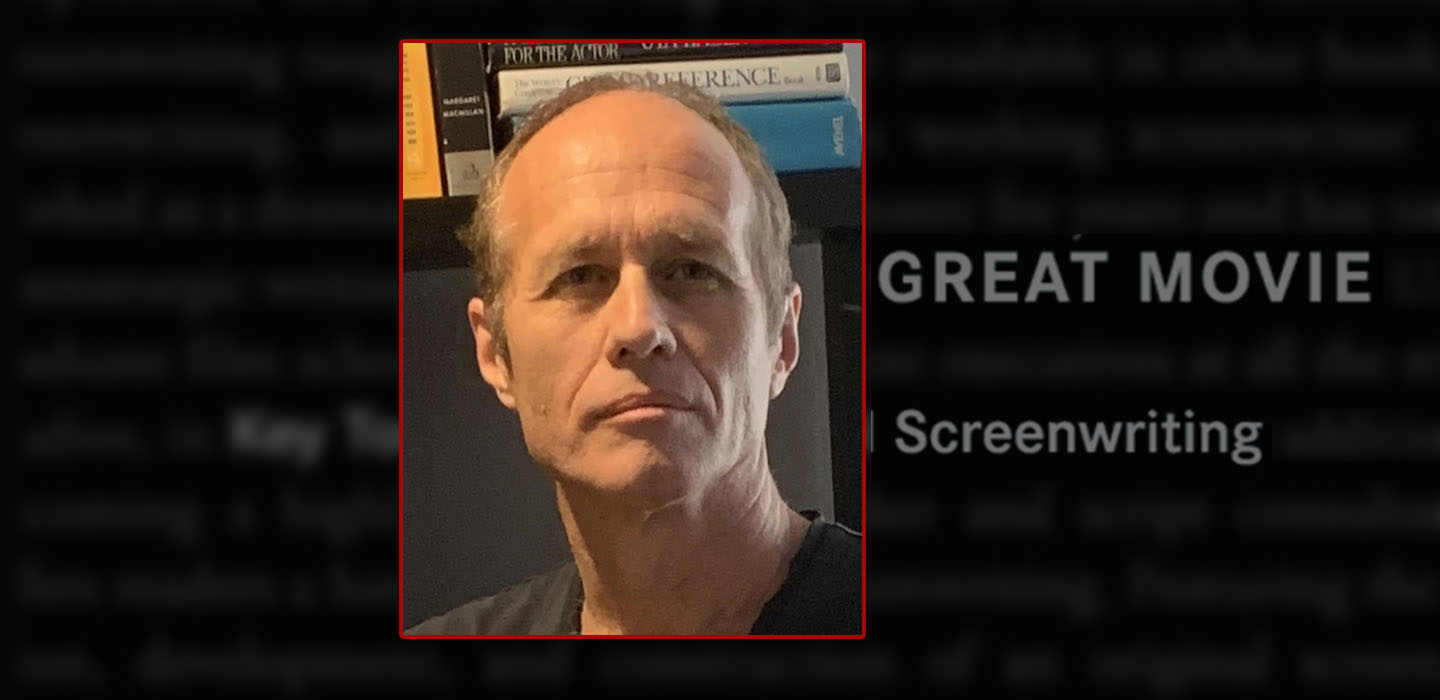
BNH: What was your inspiration behind putting this together?
JK: I taught people for many years in these intensive 30-hour seminars, and worked hard to give them genuine know-how, limiting the groups to six people, with each person bringing their own script idea to work on. I explained each tool, illustrated it with classic films, and then got each student applying that tool to their story so they got experience using it properly and their scripts improved quite a lot, so the word of mouth was huge. But it was essentially firehose teaching, hammering them with a complex array of information about the tools and principles, and I always felt like I could do more.
After teaching non-stop for eighteen years, from Broadway to Hollywood, I took a break from teaching, focusing on script consultations. Then as I moved back toward teaching again, I didn’t want to do it the same way because it didn’t transfer expertise at the level I intended. Don’t get me wrong, they learned a lot, and many went on to successful careers as writers, directors, producers, and creative executives, including multiple Oscar and Emmy nominations. But I wanted to do much better as a teacher.
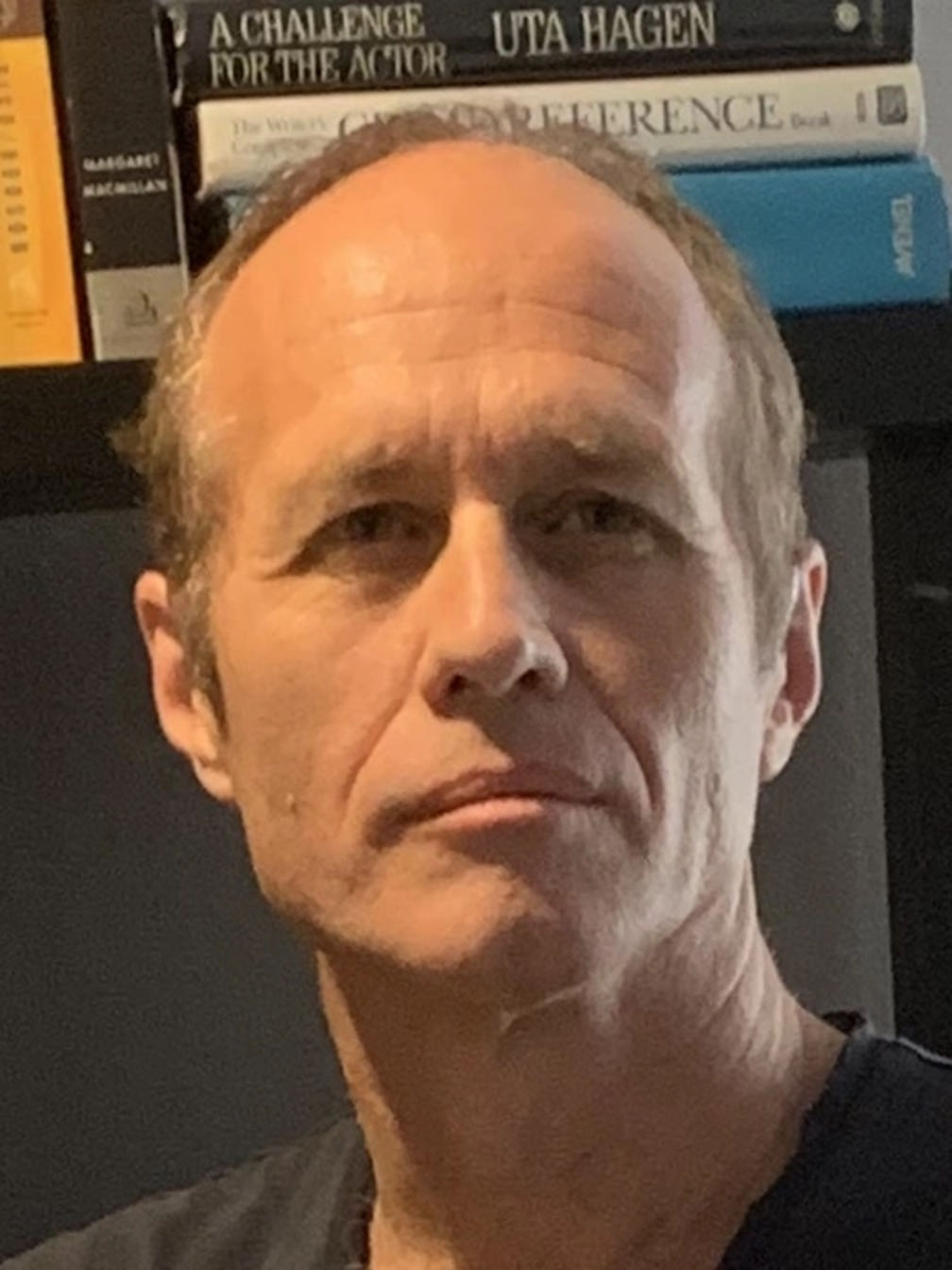
So I spent time circling the problem, trying to find a way to transfer deep expertise much more effectively and how to teach much larger groups. Finally, I hit upon the question: If I could wave a magic wand and teach writers in any way that I desired, what would that be? The answer was to take as long as needed, and I decided I could do it in about two years. I studied the science of how people learn, how to train people to expertise, and Cognitive Apprenticeship, which not only conveys deep skills to an apprentice, but also the subtle thinking processes that underlie expertise. Then I built a new training program that incorporates all these instructional technologies into a rigorous and demanding process in the craft of the dramatist.
BNH: What makes this course different from other online screenwriting education programs?
JK: Some of the tools are entirely unique, coming out of my intense study of a legendary Broadway script doctor from around the early 1900s. William Thompson Price helped revise every script that producer David Belasco staged on Broadway and created several brand-new tools to help make stories work dramatically. So many playwrights wanted to learn from him that he founded the first school of playwriting ever, and of his twenty-eight students, twenty-four had hits on Broadway.
A prominent playwriting teacher, Bernard Grebanier, said of Price’s groundbreaking work, “If we ourselves were asked to whom we were indebted for the basis of our ideas about playwriting, we should have to answer, ‘Aristotle and Price.’” One tool, the Proposition, which uses the power of logic to pull all the components of a story together into a coherent whole, is known to some, but Price’s three-step tool Sequence, Proposition, Plot lay completely undiscovered until I found it in one of his books. This tool is a remarkably powerful way to tighten and dramatize the parts of a script. It uses reverse cause and effect to create a tight chain of events, rigorously separating that which is Necessary to the forward action of the story from that which is Unnecessary, as well as creating compelling conflict that helps keep the audience on the edge of their seats.
“If the big picture doesn’t work, then the details don’t matter.” – Jeff Kitchen, screenwriting teacher, author
You apply these three steps first to the overall story, making it tight and dramatic. If the big picture doesn’t work, then the details don’t matter. Then you divide the overall story into acts, and you do the same three steps to each, making them tight and dramatic. Next, you divide the acts into sequences (there are two-to-five sequences in an act and two-to-five scenes in a sequence) and you do the same three steps to each sequence.
You’re gradually developing the details as they become necessary and dramatizing it as you go. This is a lot of work, but so is twenty-five rewrites. Then you break the sequences into scenes. You apply Sequence, Proposition, Plot to the first scene, making it tight and dramatic, and then you write that scene. Then you structure the next scene and write it, and you keep going until you have a working draft. And because you’re constantly excluding the Unnecessary in a ruthless fashion, that draft consists of only the Necessary, so it’s a lean and mean draft, not some bloated mess. Sure, the script needs work, but it’s clean and functional, and much easier to work with.
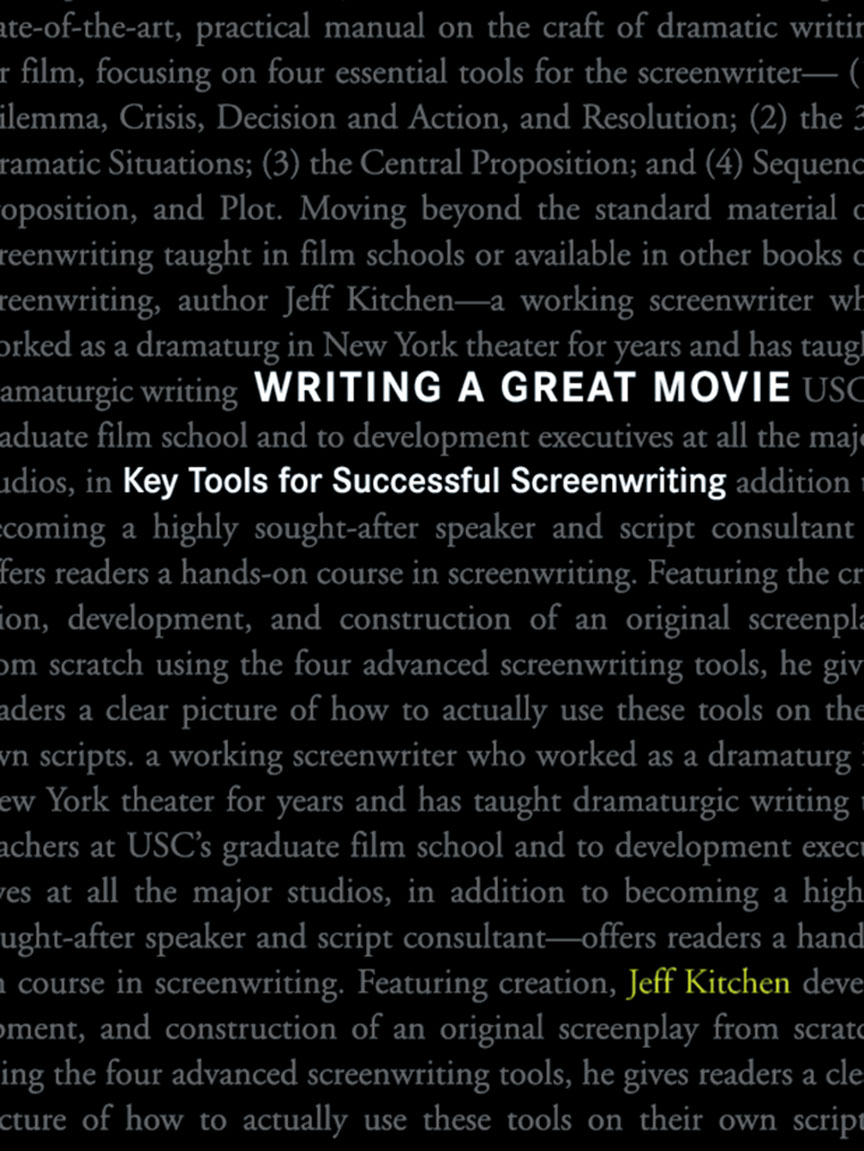
I teach Dilemma as the dramatic engine of your story, building in intensity throughout Act Two to become a Crisis, forcing Decision & Action, with the protagonist actively resolving his or her dilemma. The way in which the protagonist resolves the dilemma expresses the Theme that’s emerging organically from the story. I use the story-creation resource, the 36 Dramatic Situations as a volcanic brainstorming tool, and the personality-profiling system, the Enneagram to deepen, dimensionalize, and flaw your characters. Research and Brainstorming help you explode your idea and violate its perceived limits, think it through, amplify its strengths, and get it up to speed. The Central Proposition uses the power of logic to pull all the clever story elements together, fusing them into one coherent plot that grips the audience. And Sequence, Proposition, Plot helps you construct and write the script.
Hollywood studio executives believe that Jeff Kitchen’s methods in developing scripts are the most advanced tools in the industry.
People constantly say they’ve never seen anything like the powerful tools I use to build and dramatize a story, but it’s straight out of classic dramaturgic principle and technique. I’m mostly self-trained in an obscure school of thought in playwriting, but I’ve trained development execs at all the Hollywood studios and they consistently say I teach the most advanced development tools in the industry. So my tools are distinct and now my training methods are unusual, too.
Science has proven that the harder it is to learn something the deeper you retain it, so I work my students hard, constantly changing gears and switching topics, keeping them off balance, and staying unpredictable. I call it Disruptive Teaching. It forces them to dig deep and apply themselves, to be aggressive independent thinkers, and to stand up to a serious challenge. It’s good professional training because the real world doesn’t bring you neat arrays of predictable problems. They learn how to take a punch and fight their way out of a corner. Trying to make a living as a professional writer is notoriously difficult and they need grit, serious skills, and a rough-and-tumble capability. I’m constantly challenging them to think through complex new ideas before I instruct them in it, making them work hard, think straight, and apply their mind. They are not allowed to ask stupid questions. They learn to generate ideas and also to evaluate them critically, with a professional eye, and to articulate their reasoning aloud to the class.
One main difference between this program and others that I know of is that the center of the training is that we’re constantly working on multiple scripts of different genres and in different stages of completion. I train the students by ranging from one project to the next, and we function as a team to make each one work, with teaching moments thrown in as they arise. Students also have daily exercises, writing assignments, learning games, story creation, collaborative competitions, movie nights, and assigned reading. Plus, we read one classic script each week because it attunes them to great writing and story ideas.
This training workshop runs for eighteen months and each student gradually acquires the skills and knowledge of a trained dramatist, plus the subtle cognitive skills that underlie substantial mastery. Because this program is constantly ongoing and requires some training before they jump in, each student starts with a three-month video course, working as my virtual apprentice as I create, develop, and construct a completely original script from scratch. They hand-copy all the notes I generate in creating the story, handling all the tools as I build it with them. Then, based on the detailed dramatic outline we’ve created, each student writes their own version of this script in order to graduate to the main program. So there’s a three-month course to start them off, and then there’s another separate three-month program after they’ve trained for eighteen months in which they pick an idea from our group Story Bin and build the script on their own in our open workshop, periodically demonstrating their mastery, their progress, and their challenges to myself and the group. This consolidates all their training into a fully integrated set of skills and professional knowledge.
BNH: There are lots of uses of the label “dramatist” in addition to “scriptwriter.” Are there similarities and/or differences between the two?
JK: What I teach is plot construction and dramatic principle—the craft of the dramatist, the ancient art of adapting a story for a theatrical presentation, whether in film, on TV, or onstage. It’s about making the story actable so that it can be performed and will grip an audience. Consistent coherent compelling Dramatic Action is the name of the game. Dramatic Action is not car chases and shootouts, it’s a state of action you put the audience in, where they’re up on the edge of their seats—and you keep them there because they must know how things turn out. If you have sections that are flat dramatically then you lose the audience there, which contributes to the script not working.
It’s all about the audience. A movie playing to an empty theater has no power—it’s just shadows on the wall. The power of the film or TV show or play resides in the response of the audience. Anyone who’s done live performance knows intimately that it’s all about the audience, but amateurs often forget they’re writing for a performance medium. So, a dramatist is one who crafts a gripping performance. Whether it’s a bone-crunching thriller or a wacko comedy, the story must work dramatically.
Dramatic writing is generally considered the most elusive of all the literary disciplines. It’s tricky, it’s slippery, and it’s unforgiving. An extremely stripped-down literary form, it demands complete economy with no room for the Unnecessary. I’m training people in the craft of the dramatist, which covers screenwriting, TV writing, playwriting, and any form of dramatic content. Once you have substantial technique, you can tackle any medium because you know how to make scripts work.
BNH: What are the benefits of the course for the screenwriter just starting out, and where would be a good place for them to start?
JK: It gives a beginner comprehensive training in a method that really works. Apprenticeship is how we naturally learn best, working beside a master craftsman to absorb all the skills and thinking processes. If someone is a novice and knows they are, then they’re much easier to teach because they’re not brimming over with their “knowledge.” They also have no bad habits to overcome and, while they’ll need a lot of working experience to polish their craft after they’ve completed the training, they will know how to make scripts work. But everyone needs years of work, even after mastering the craft of the dramatist, to achieve true greatness as a writer, polishing and refining their voice, attack, smoothness, clarity, and many other subtle aspects of excellence. A good place for them to start is to take this program. It’s designed to be quite doable for raw beginners while also being challenging to experienced writers.
BNH: You reference on the website that there are varying lengths for the courses. Why does one take three months and another eighteen?
JK: It’s actually all one course, divided up into three components. The first three months, Course 1: Tools & Fundamentals is the video training program in which, as I said, the students work as my virtual apprentice as we create a thriller from a one-sentence idea, develop it, and construct it, and then they write the actual script based on our detailed outline. This gives them enough training to jump into the eighteen-month main program, Course 2: Techniques & Principles, which is continuously ongoing. They might walk in on us spending the whole week figuring out the ending to a romantic comedy, and because they’ve worked with all the tools in Course 1, they can join right in.
Now their training begins in earnest, working with the group as we build multiple scripts at the same time, ranging from one to the next making each one work, tackling an action-comedy TV series one day and a psychological thriller screenplay the next. It’s heavy-duty learn-by-doing in an apprenticeship format, so they get serious experience and training as their skills coalesce. They’re being highly trained in seven tools over two years, spending months on each one, so they gradually acquire more and more expertise as they integrate all the tools. It’s like learning how to juggle while riding a unicycle on a tightrope—separate skills that must be learned independently and then are integrated into one fluid capability.
Once they’ve achieved that level of mastery at the end of the eighteen-month Course 2, they’re ready to build a script on their own, which is Course 3: Solo Script Project. As I mentioned, this is the last three months, and they choose a story idea from our group Story Bin, develop structure, and write it, all in our open-workshop format, so their work is open to the group. I stop by regularly with students in tow like a teaching hospital, and the writer articulates their progress, their mastery, and their current challenges. When they finish the script, they graduate, now a seasoned versatile dramatist who make scripts work in any genre, and who can tackle any medium.
BNH: What about a screenwriter with a few scripts under their belt? How would this course benefit them?
JK: It’s a way to improve their craft and take their abilities to a higher level. One thing a writer quickly learns is that it’s hard to be consistent. Sometimes a script works and they’re not sure why it did, and sometimes it won’t, and they don’t know why it wouldn’t. As I said, scriptwriting is notoriously tricky and slippery. But with substantial craft, they can pin down a tricky script, get a good grip on it, and make that part work. If they have a sense of what their strengths and weaknesses are, then it makes them open to learning more to correct their weaknesses and reinforce their strengths. The tools create certain distinctions, and if they utilize those distinctions properly, they get the full power of the tools. If they muddy those distinctions every time they become inconvenient then they lose their power. So this adds a few more powerful tools to their process and then trains them to a high degree of expertise in them. Good is the enemy of great and I train them long and hard in a sophisticated set of tools. They’ll emerge like a Navy Seal, able to reassemble their rifle in the dark, under fire.
BNH: You offer three courses of study. What are they, and how would somebody determine which one was the right fit for them?
JK: There is only one course, the two-year program. The three courses originated because with such a long training period, it’s not practical for someone to wait a year for the next class to start. To allow people to jump in at any time, I created the initial three-month video training. If you’re a scientist going to live in the International Space Station to do experiments, you’d do a three-month training to prep you in how to travel to space and operate in the space station. As I said, the eighteen-month section is the bulk of the training, focused on constantly building scripts, and the three-month period at the end build a script on their own to consolidate all their skills and demonstrate their mastery before graduating.
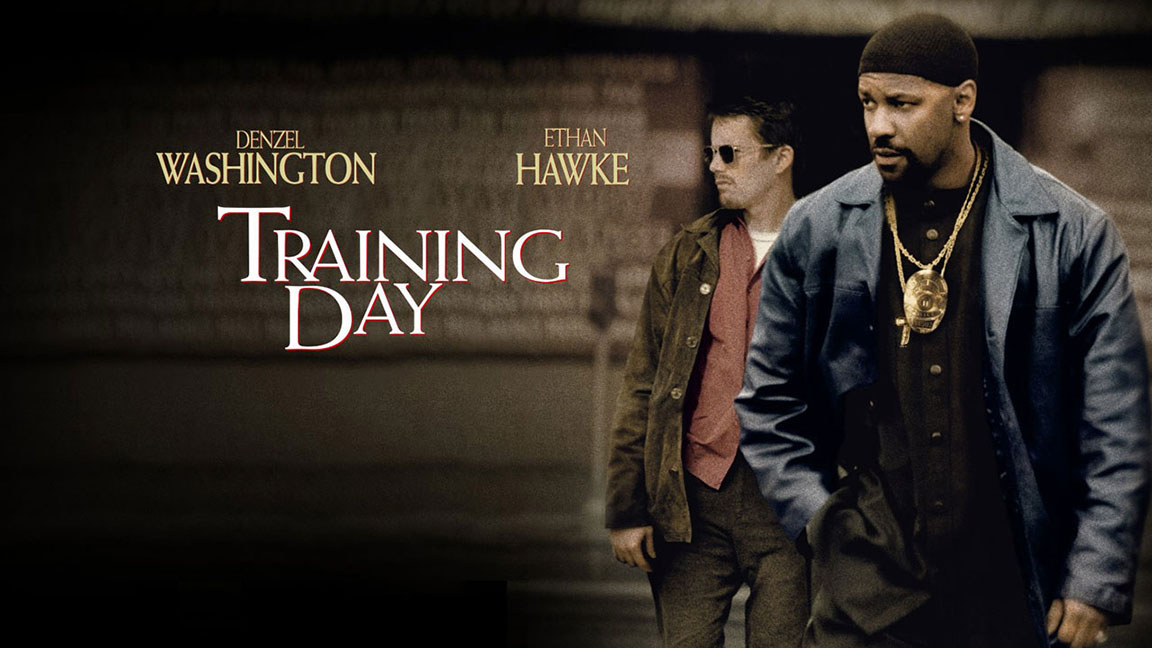
BNH: You use the film TRAINING DAY as an extensive part of your teaching process. Why this film in particular?
JK: In the first three-month course the script we build is a thriller, so it’s a useful example. Jake, the Ethan Hawke character, has a good strong Dilemma, trapped between his ambition and his moral compass, so it’s a great model for our protagonist’s Dilemma. Training Day has a dynamic conflict, deep and complex characters, great storytelling, phenomenal writing, and Denzel Washington’s Oscar-winning performance, with Ethan Hawke nominated for Best Supporting Actor. We’ll be reading one great script a week in the main program and using other classic scripts as teaching examples and research as we develop and write scripts of different genres.
BNH: It looks like this is a course with set deadlines, rather than a “work on your own schedule”-type one. What’s the reasoning behind that?
JK: Scriptwriting Mastery has rigorous deadlines but is also relaxed in other ways. It is a highly focused, demanding course that puts students through substantial training. The use of the tools is precise because the difference between a reasonably skilled practitioner and highly trained expert can be razor-thin, with hundreds of subtle differences that add up to mastery. But it’s also designed to be fun and relaxed because creativity is so central to story creation. We have contests of who can come up with the stupidest story idea, the most wacked-out title, and the craziest solution for a story problem.
But we’re working five days a week for two years, two-to-three hours a day, constantly creating, developing, constructing, and writing original scripts so it’s a heavy workload. It prepares you for the real world of turning out quality material with real deadlines. It’s a mix of live and recorded sessions, and the live sessions are recorded so you can watch when you can, but it’s a serious professional training program.
This is similar in many ways to on-the-job apprenticing to a plumber. You’re being trained in substantial skills, all of which relate directly to what must be done for each job. You learn the materials, the techniques, the underlying principles that guide your process, the thinking involved, and the critical distinctions that make all the difference. You’re gradually acquiring mastery in joining pipes, fixing clogged drains, and plumbing a house, but you’re also being trained to install hot water heaters, devices that can explode and kill people if you install them incorrectly. Because scripts are more constructed than written, it’s very much a blue-collar job rather than an ivory tower one. It’s not esoteric, it’s nuts-and-bolts, wrestling stories into shape that can be performed, and which will grip an audience.
BNH: You said you’re utilizing techniques for expert training and Cognitive Apprenticeship?
JK: Yes, and it’s quite fascinating that these two distinct specialties capped off several years of studying the science of how the brain learns. The entirely new science of training experts was created in 1983 by Anders Ericsson, who studied elite training facilities around the world that were turning out disproportionate numbers of chess champions or Olympic ski racers or world-class violinists. He collected the innovative and counterintuitive methods that these top coaches and trainers utilized and studied them scientifically, then improved them to a high degree. His book, Peak: The New Science of Expertise is widely considered the high-water mark for how to train people to expert performance and is in fact course material for my program. Part of its science is that the trainee becomes part of the coaching team.
If for instance, you are an Olympic runner, you very quickly know as much as your coach and trainer about your exercise routines, diet, rest, and stretching as they do. You would in fact be part of the coaching team, actively helping to train yourself. My students study the book, Peak, and I turn them into active participants in the training and coaching process.
The science of how we learn has made incredible breakthroughs in the last fifty years, to the point where they know how your brain’s wiring grows and changes as you develop a particular skill. Through a process of myelination, secreting an insulating fat around the neural network which the brain assembles to perform that skill, continuous deliberate practice gradually makes that neural wiring thicker and broader and faster, upgrading it into an information superhighway, and that skill remains permanent in that person.
I found an amazing essay on Cognitive Apprenticeship just as I was pulling together the final shape of this program, and it was a total game-changer. It’s about thirty pages was and written by several top PhDs in the field of how we learn. I devoured it ravenously because it fit so precisely with what I was doing, advanced training in sophisticated tools, and it changed everything. I read the article, then read it again with a yellow highlighter, and then yet again with a pink one, highlighting the best of what I’d marked in yellow. Next, I typed up all the highlighted material and cooked that down even further, absorbing and digesting it so deeply that I ended up with key components of it on 3×5 cards spread out on my desk. I used them to create highly specific methods of training apprentices in the rigors of my craft, and also training them in the subtle and hidden cognitive processes that underlie my own expertise.
Cognitive Apprenticeship is focused on the cognitive skills of the expert. In a field like law or medicine, the thinking process is central, and to achieve professional-level expertise in those fields, how and what you think is paramount. And it’s not only cognition, but meta-cognition, your own awareness of your knowledge, so that you can evaluate your professional process and adapt it as needed. It’s mastery over your own mastery, and it’s key to true expertise. So Cognitive Apprenticeship had a huge formative influence in how I designed the program. I literally swallowed it whole, spending an entire month studying these thirty pages, and I built much of my program with it. And integrating that with what I learned about teaching in a disruptive fashion, plus the science of expertise, I rebuilt my entire training process from stem to stern, and it’s been quite exciting.
For more information and to enroll, please visit https://script.kitchen
More About Jeff Kitchen
Jeff has taught thousands of students from Broadway to Hollywood. Jeff was classically trained as a playwright in the works of Aristotle and the legendary Broadway script doctor, W.T. Price, who in the early 1900’s established the world’s foremost playwriting school. Price instructed twenty-eight students and twenty-four of them had hits on Broadway. So why wasn’t everyone studying him? Price’s complex techniques and thinking processes were not easily understood.
Determined to get to the bottom of Price’s technique, Jeff spent three years intensely studying his work. He had a major epiphany when he discovered a groundbreaking technique from Price, called Sequence, Proposition, Plot and that’s when it all clicked together. This tool was a giant leap forward in the craft of the dramatist, but somehow it went unnoticed by Price’s students. For Jeff, this technique was quite clear, but still incomplete. He combined this tool with insights gathered from Price’s students, then added to it himself, and it worked—saving this revolutionary tool from being lost. Jeff then integrated this tool and several others with Aristotle’s dilemma—and a new process of writing for the dramatist was born.
Jeff taught for thirty years in Hollywood and New York. He worked as a dramaturg in New York theater and taught playwriting on Broadway, presenting his innovative process to select groups of writers and executives, and did private script consultations. He was constantly refining his teaching and writing techniques, and then wrote the book, Writing a Great Movie: Key Tools for Successful Screenwriting.
Even as the process received significant praise, Jeff knew that it would take more than seminars and classes for these complex tools to be permanently integrated into his students’ writing habits. So for the past three years, Jeff focused exclusively on adapting and modernizing the program into a comprehensive digital apprenticeship. Scriptwriting Mastery is the result.
Jeff’s entire adult life has been committed to one thing, teaching the craft of the dramatist to anyone serious about writing. More than ever now, people are looking for ways to fulfill their dreams, and for writers, Jeff Kitchen’s Scriptwriting Mastery is the answer. It’s Jeff’s dream that anyone who wants to write, can write well.
